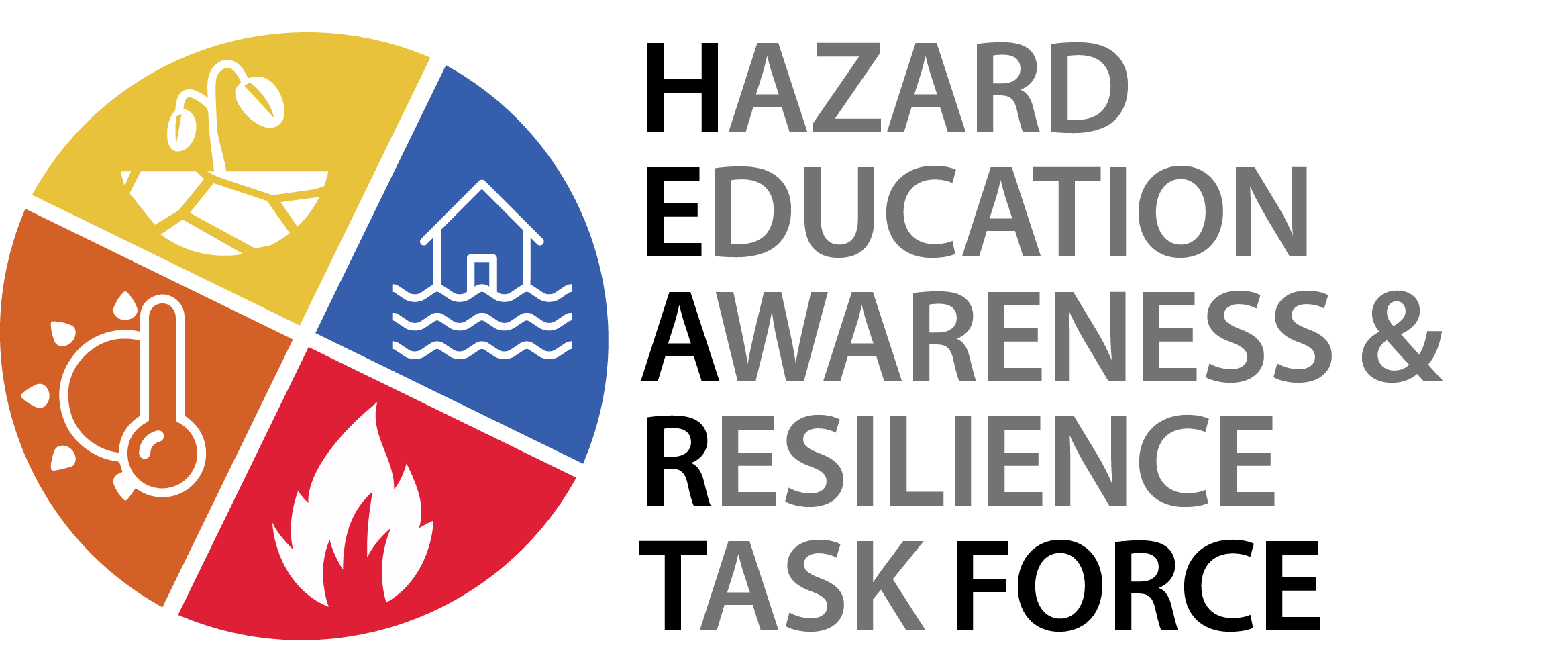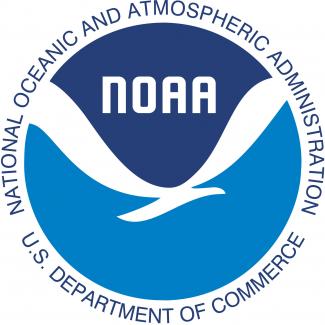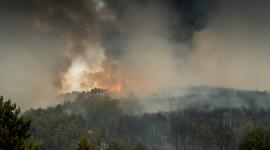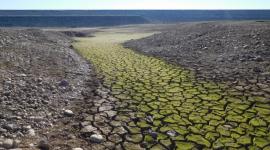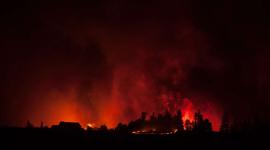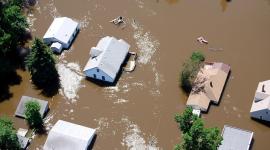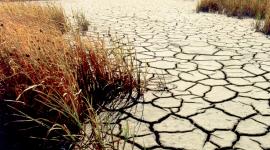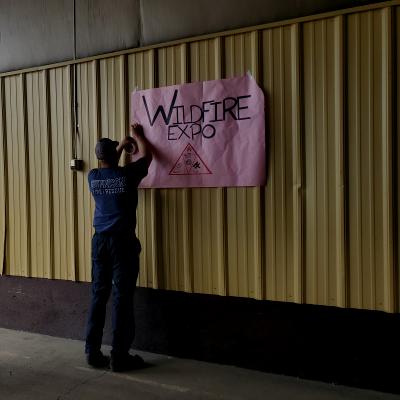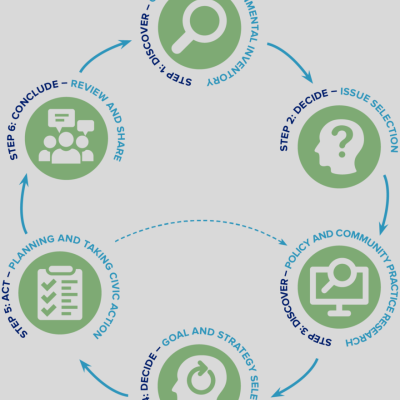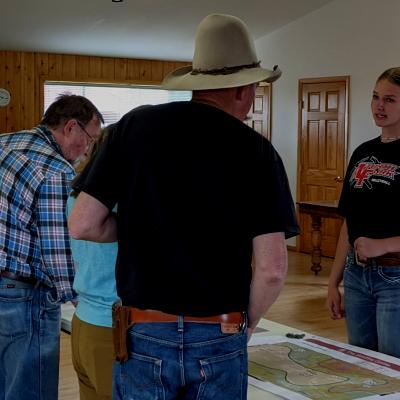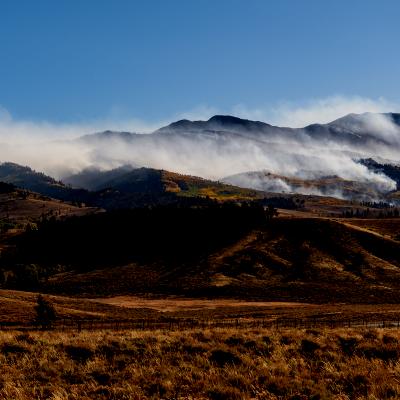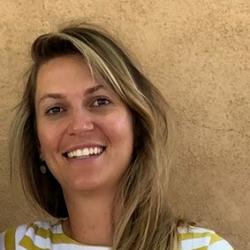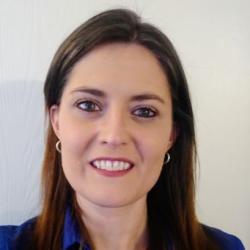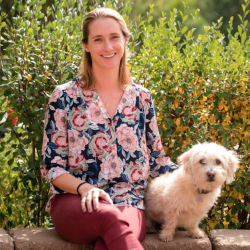Hazard Education, Awareness, and Resilience Task Force (HEART Force)
Engaging rural Colorado middle and high school students, teachers, and communities to take proactive steps in preparing for and responding to natural hazards.
Environmental hazards—such as wildfire, flood, and drought—are increasingly affecting communities in Colorado. With this rise in hazardous events, there is a pressing need for communities to become more resilient through education, preparation, and planning.
Hazard Education, Awareness, and Resilience Task Force (HEART Force) is an award-winning collaborative project implemented by the NOAA Cooperative Institute for Research in Environmental Sciences (CIRES) and Climate Adaptation Partnership (CAP) partner Western Water Assessment. Recognized for its commitment to excellence and innovation in environmental education, HEART Force was awarded the Innovative EE Program Award from the Colorado Alliance for Environmental Education in 2022.
Interested? Please contact our team at: ceee@colorado.edu.
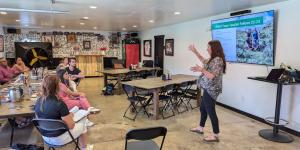
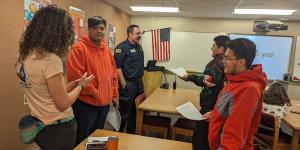
Curriculum
Videos

Pathway to Seal of Climate Literacy
HEART Force curriculum aligns with NOAA's climate literacy principles and is a great pathway for students to earn a seal of climate literacy by meeting coursework and experiential learning project requirements. Learn more about the Seal of Climate Literacy.
Program Team
Publications
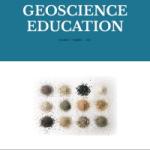
Littrell, M. K., Boyd, K. J., Schloesser, K., Christensen, A., Gold, A. U., & Alam, I. (2025). Place and community engagement in a youth natural hazards and community resilience education program. Journal of Geoscience Education, 1–16. https://doi.org/10.1080/10899995.2025.2489709

Schloesser, K., Davis, R., Ruffin, T., Gold, A. U., Christensen, A., Littrell, M. K., & Boyd, K. J. (2024). Centering and uplifting youth voice in planning for a more resilient climate future in rural Colorado: A case study of a student resilience team asking for change. Frontiers in Climate, 6(1), Article 1408872. https://doi.org/10.3389/fclim.2024.1408872
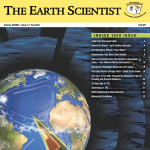
Schloesser, K., Kurz, J., Gold, A.U. (2021): Too much or too little: Empowering students to plan for resiliency to flooding and drought. The Earth Scientist, Vol. XXXVIII, 3, 24-18.
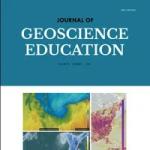
Boyd, K. J., Gold, A. U., & Littrell, M. K. (2021). Teaching practices around natural hazards and community resilience in Colorado. Journal of Geoscience Education, 1-14. https://doi.org/10.1080/10899995.2021.1964319.

